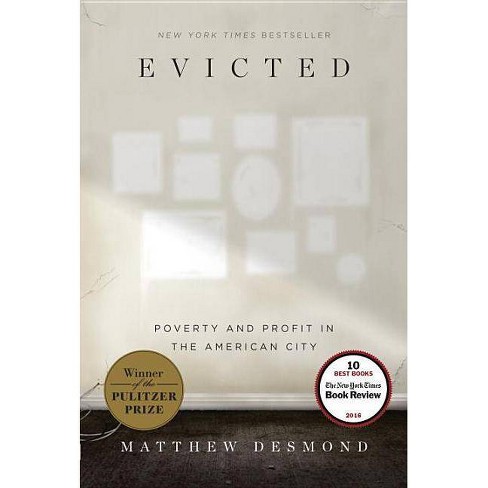 Matthew Desmond is a Princeton professor with some interesting and timely takes on poverty.
Matthew Desmond is a Princeton professor with some interesting and timely takes on poverty.
He has been making the podcast rounds for his recent book, Poverty, by America, in which discusses the many ways that poverty is in the USA has been persistent.
He also makes the point that many resources that could alleviate poverty accrue to the well-off. Here are some of them, per Google Bard:
Here are some examples of government subsidies that benefit the wealthy:
The mortgage interest deduction. This deduction allows homeowners to deduct the interest they pay on their mortgages from their taxable income. The deduction is worth more to wealthy homeowners, who tend to have larger mortgages.
The capital gains tax break. This tax break lowers the tax rate on capital gains, which are the profits that investors make when they sell assets such as stocks, bonds, and real estate. The tax break is worth more to wealthy investors, who tend to have more capital gains.
The estate tax exemption. This exemption allows wealthy families to pass on their assets to their heirs without paying estate taxes. The exemption is worth more to wealthy families, who tend to have more assets.
The corporate tax break. The corporate tax rate in the United States is lower than in many other developed countries. This tax break benefits corporations of all sizes, but it benefits wealthy corporations more, because they tend to be larger and have more profits.
The agricultural subsidies. The federal government provides billions of dollars in subsidies to farmers each year. These subsidies benefit wealthy farmers more, because they tend to own larger farms.
I think Desmond’s first book, Evicted, is even better. It’s no wonder that it won the Pulitzer. Here is how GPT-4 summarizes it:
This book provides a detailed and empathetic account of eight families in Milwaukee, Wisconsin, struggling to keep a roof over their heads. Desmond presents a new perspective on poverty, arguing that eviction is a cause, not just a condition, of poverty. He highlights how the private rental market exploits the poor, especially in cities, and suggests a possible solution in the form of universal housing vouchers.
I strongly recommend both books: they’re thought-provoking and well-written.

